Welcome to the digital era, where technology has revolutionized almost every aspect of our lives – including the way we consume and promote music. In this fast-paced world, where streaming platforms reign supreme and social media dominates our screens, it’s no surprise that digital music marketing has become an essential tool for artists and record labels alike. Gone are the days of relying solely on traditional marketing methods like radio play or physical album sales. With just a few clicks, musicians can now reach a global audience from the comfort of their own homes. But what exactly does digital music marketing entail? And how can artists leverage their power to propel their careers to new heights? In this blog post, we’ll dive into the captivating realm of digital music marketing. We’ll explore its benefits, discuss various strategies that yield results in today’s landscape, and even peer into the crystal ball to glimpse at what lies ahead for this ever-evolving industry. So grab your headphones and get ready to discover how you can harness the immense potential of digital marketing in the world of music!
Digital Music Marketing Benefits
Today’s digital music marketing benefits artists and musicians. Reaching a worldwide audience with a few clicks is a major benefit. Digital platforms let artists reach fans worldwide instantly, unlike print ads or radio spots.
Digital music marketing is cost-effective. Traditional advertising can be costly for independent artists on a budget. Artists may advertise their songs cheaply through social media and email newsletters.
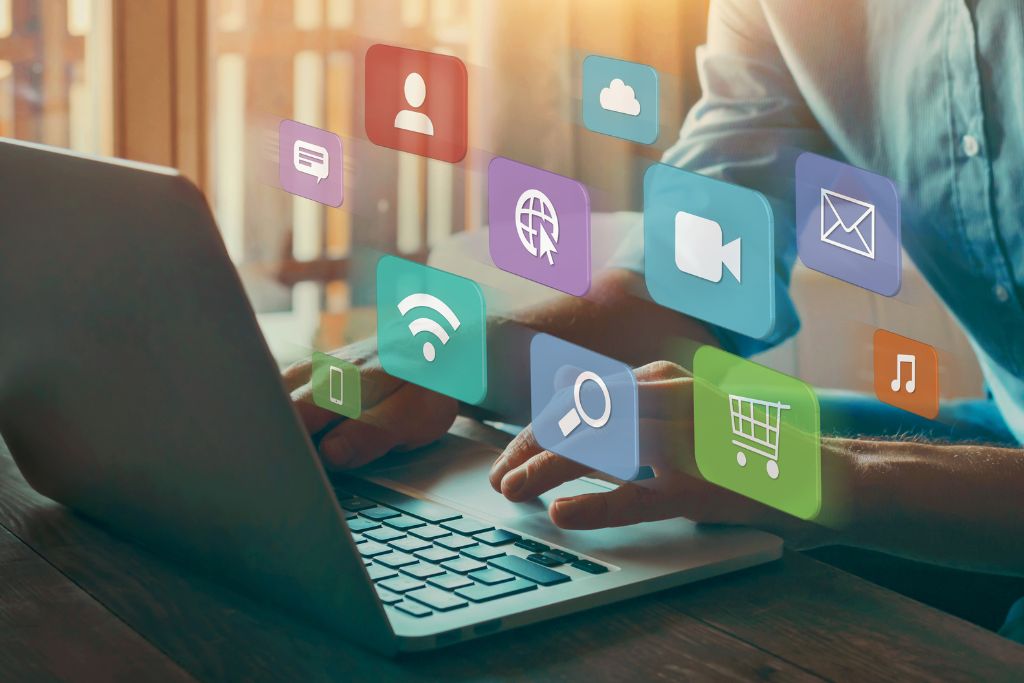
Digital music marketing gives musicians audience data and analytics. Spotify and YouTube provide listeners’ demographics, behaviours, and engagement. This information helps artists sell to their ideal fans.
Digital Music Marketing Types
Digital music marketing includes many methods for promoting music online. Social media music marketing is popular. Facebook, Twitter, Instagram, and TikTok allow musicians to connect with fans and establish a loyal following.
Influencer marketing works well for digital music marketing. Artists may reach new audiences and promote their music by partnering with music influencers. Through sponsored pieces, collaborations, or product placements.
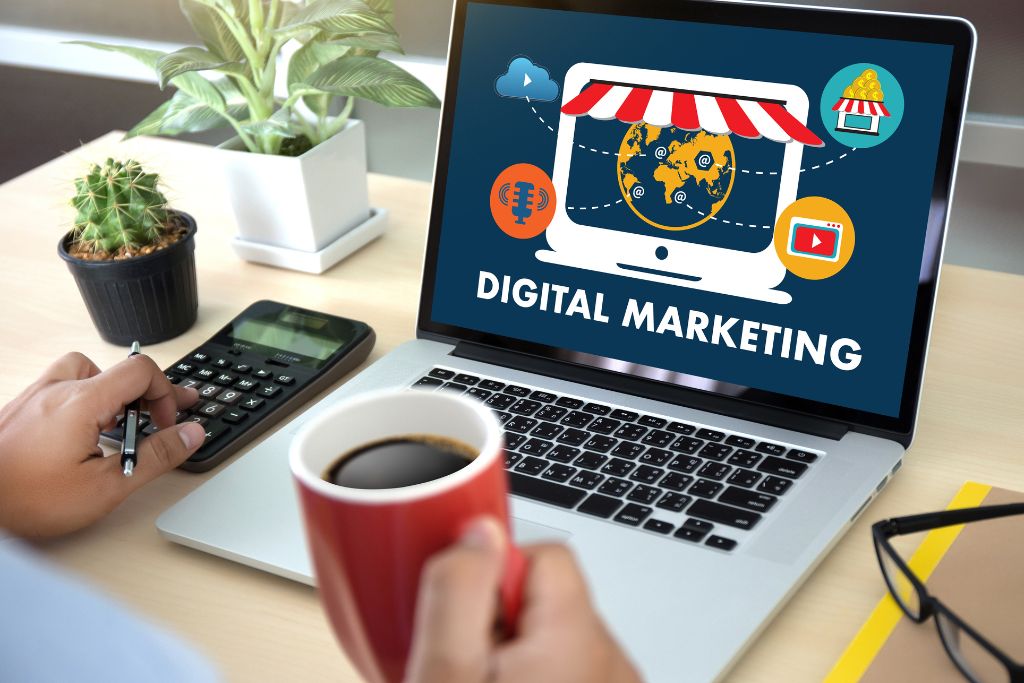
Email marketing is another digital music marketer’s weapon. Artists can send newsletters to fans and potential fans about new releases, shows, exclusive content, and more by creating an email list.
Digital music marketing also involves Spotify, Apple Music, and YouTube. Artists can improve their accounts on these platforms by designing eye-catching images, curating playlists of their influences or favourite tunes, and engaging with listeners through comments and messages.
Best Digital Music Marketing Strategies
Digital channels have transformed music promotion. Artists and music business professionals must adapt to these developments and use effective digital marketing methods to reach their target audience and promote their music.
Social media advertising works well for digital music marketing. Facebook, Instagram, Twitter, and YouTube offer a large audience for connecting with fans, sharing music updates, and having meaningful dialogues. Behind-the-scenes films, live performances, and interactive posts can help you establish a loyal fanbase.
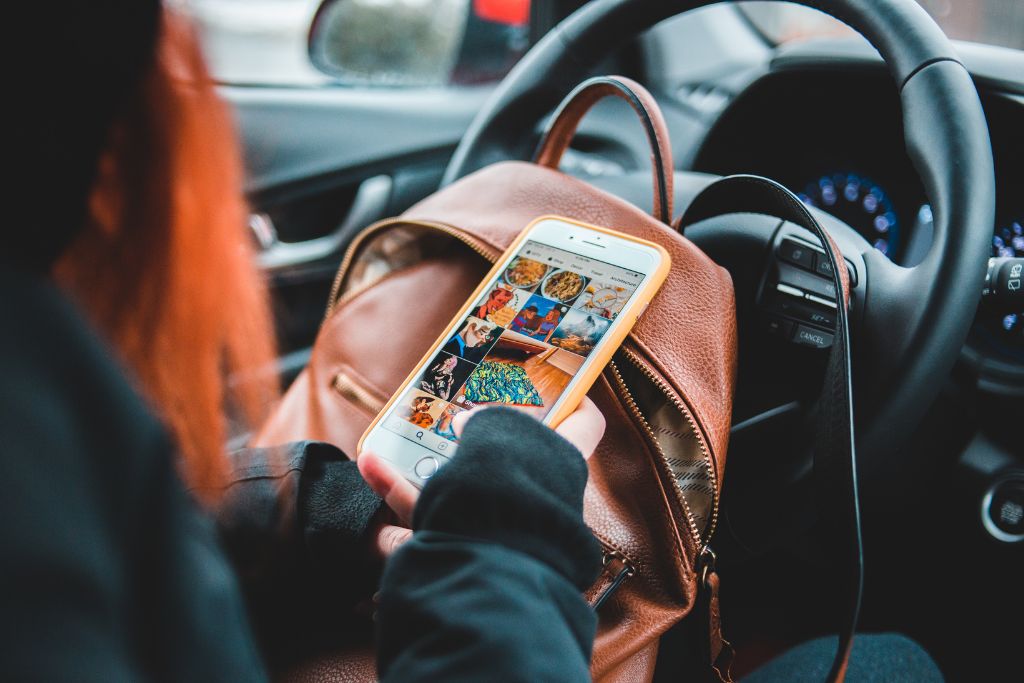
Email marketing works too. Email lists let you connect with fans directly. You may instantly notify them about new releases, gigs, and events via newsletters or exclusive deals.
Digital collaborations are crucial. Partnering with similar artists or influencers can help you attract new followers and grow your reach. This could mean featuring on one other’s tracks or sharing promotional content on social media.
For Google organic traffic, your website needs SEO. You enhance visibility when people search for keywords related to your genre or brand in website content and metadata tags like page titles and descriptions.
Future Digital Music Marketing
Digital music marketing is promising as technology advances rapidly. Artists and marketers are using AI and data analytics to engage with fans and promote their music.
Personalized recommendations are exciting. Spotify and Apple Music utilize algorithms to recommend songs and artists based on user interests. This helps audiences discover new music and gives artists significant exposure.
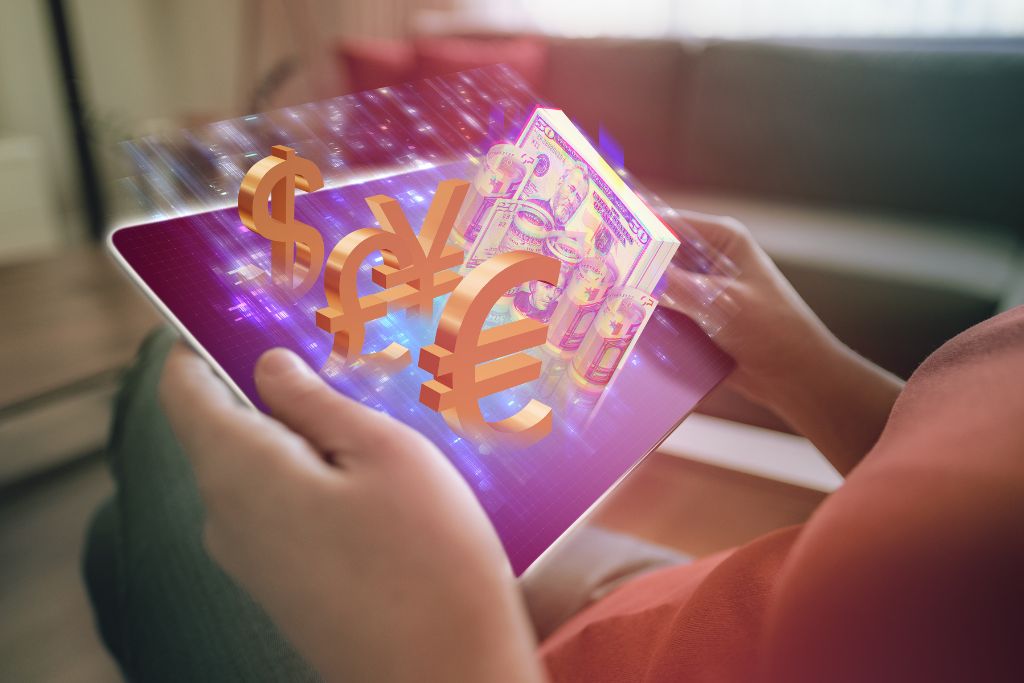
VR experiences are another emerging trend. Imagine attending a concert from home! VR technology has already impacted gaming, so it’s inevitable that it will impact music.
Digital music marketing will also rely on social networking. Artists may showcase their abilities, answer questions, and develop true interactions with followers on Instagram Live and Facebook Live.
In the ever-changing world of music marketing, creating the perfect party playlist is crucial. “The Ultimate Party Playlist: 10 Dance-Inducing Songs” presents 10 songs that captivate listeners and get the dance floor going. Understanding the power of a good party playlist is crucial in digital music marketing. A well-curated playlist can boost social media advertising, streaming platform promotions, and viral dancing challenges. Music marketers can use dance-inducing tunes to engage listeners and boost their artists or events in the digital realm by producing the ultimate party playlist.
-
 Lights, Music, and Magic – The Artistry of Festival Celebrations
Lights, Music, and Magic – The Artistry of Festival Celebrations -
 Cleaning Hacks That Will Save You Time and Effort in 2023
Cleaning Hacks That Will Save You Time and Effort in 2023

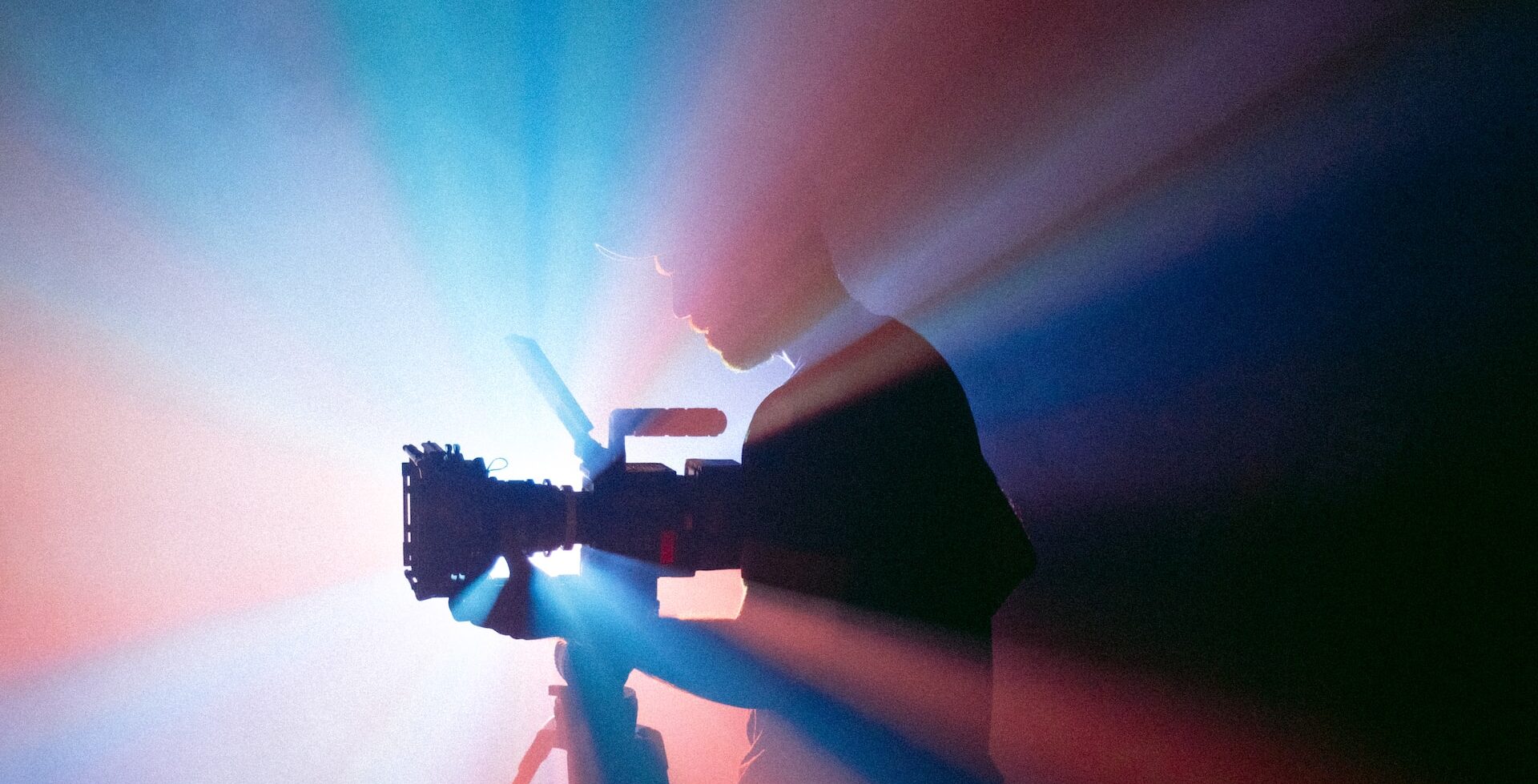








No comment